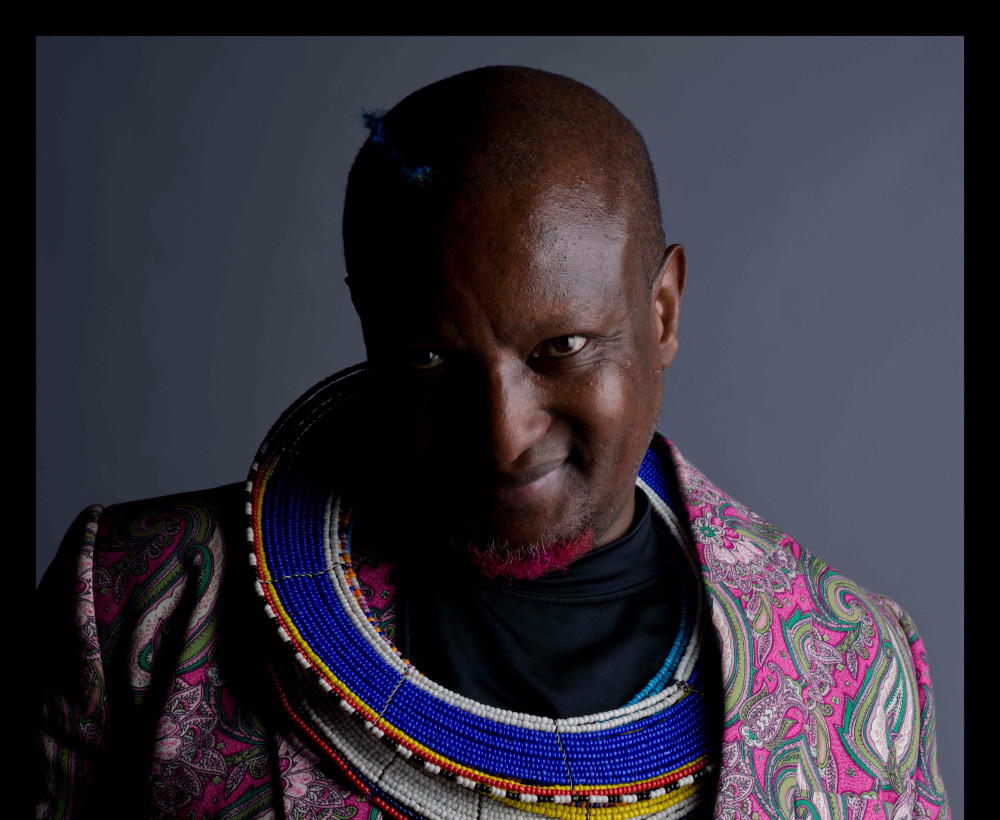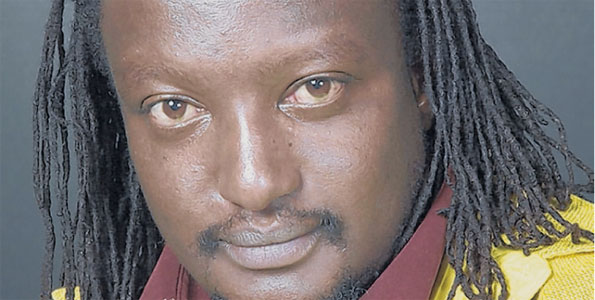

It is well documented that the West has always been fascinated by the real and alleged mystery of Africa, that other planet.

The Western hand that gives to African writers is the same hand that holds its nose to Africa’s real and, some would say, imagined filth. The relationship between African writers and the West has been complicated and immensely frustrating. It is a long convoluted story though, the West and African literature.

The West and the African Writer: Wainaina’s new book robustly continues the conversation that he started with his essay in 2005. She can have no past, no history such diversions ruin the dramatic moment.” Her children have flies on their eyelids and pot bellies, and her breasts are flat and empty. In that essay he famously wrote this about the West’s expectations of an African story, “Among your characters you must always include The Starving African, who wanders the refugee camp nearly naked, and waits for the benevolence of the West. Who is Binyavanga Wainaina, you ask? It is now a cliché to say that in 2005 Wainaina wrote the half tongue-in-cheek, angry essay How to Write about Africa – a seminal piece that confronted the complicated relationship between the West and what is or what should be African literature. Indeed there are several issues in this book that would make for robust all-night drunken debates. Wainaina pulls no punches, he lays it all out there, self-absorbed warts and all.

This memoir is a delightful and important coming of age book that describes Wainaina’s world (and our world) with riotous clarity and shimmering brilliance. Let me just say that he has written the memoir that many writers are too chicken to write. One is reminded repeatedly that there’s no fine line between brilliance and lunacy Wainaina is a brilliant lunatic. Wainaina entertains and educates with his brilliance and lunacy as displayed in the many exhilarating chapters of this unusual memoir. Scratch “African,” every thinker should read this enigmatic book by one of the most enigmatic thinkers I have never met. Graywolf Press 272 pagesĮvery African thinker should find a copy of Binyavanga Wainaina’s new book, One Day I Will Write about This Place and read it carefully from front to back. Book Review: One Day I Will Write About This Place.


 0 kommentar(er)
0 kommentar(er)
